Ghana Tours & Vacations
Small Group Tours & Tailor-Made Vacations
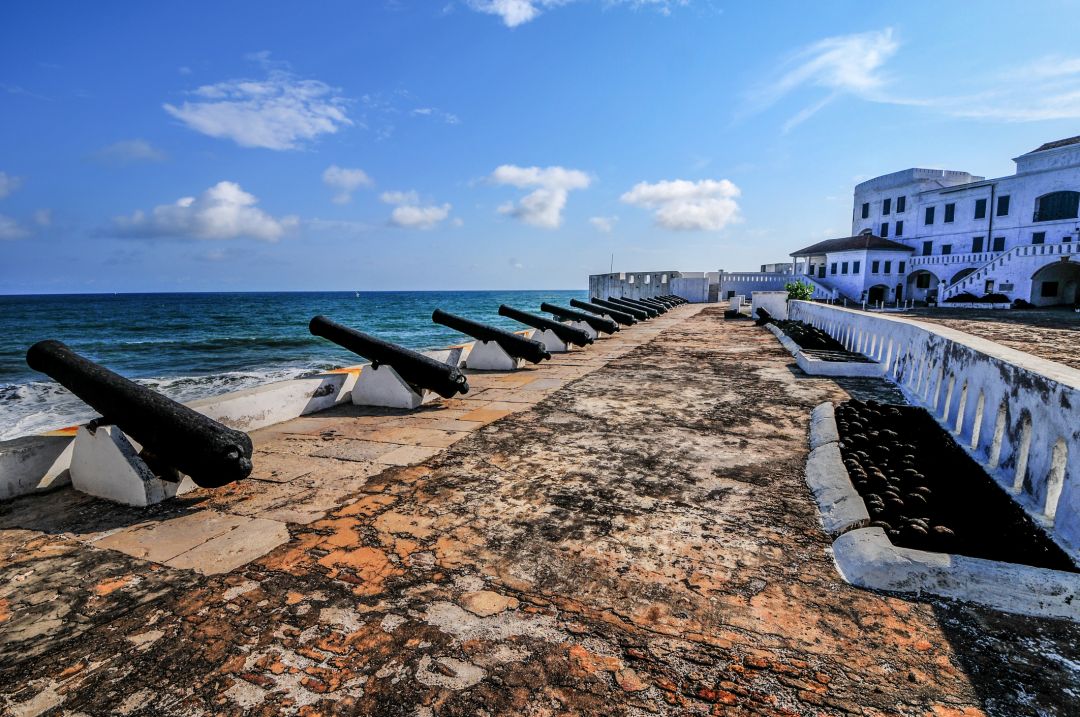
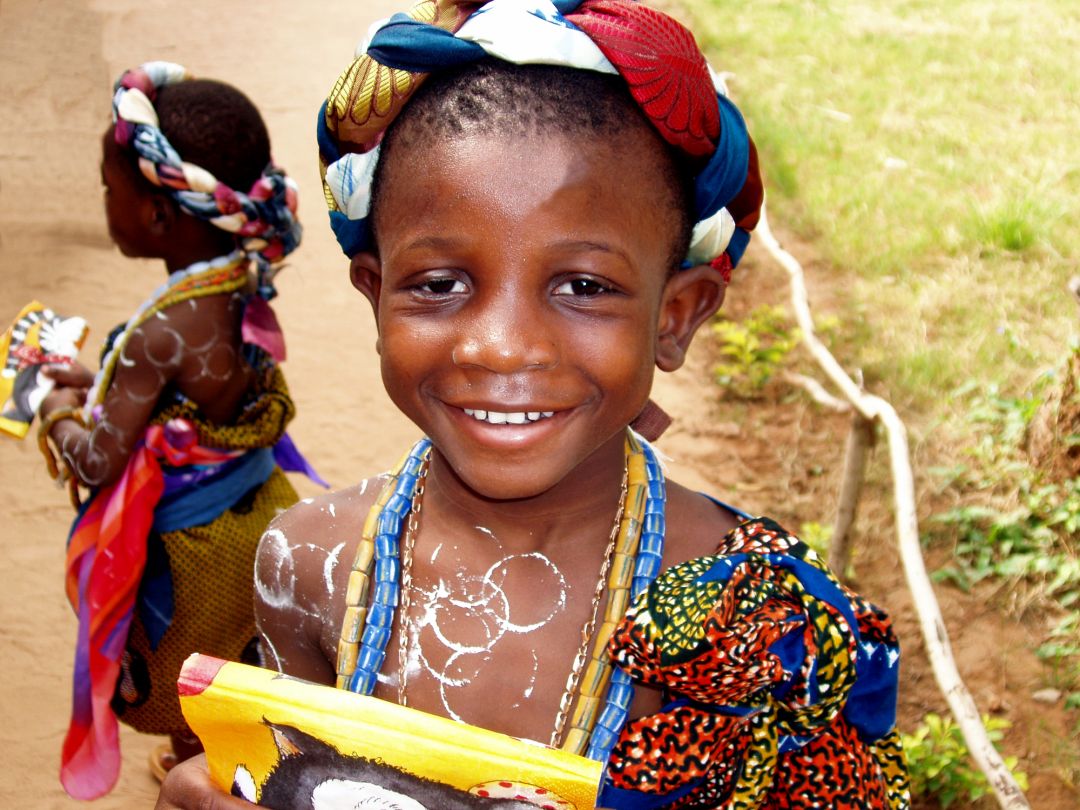
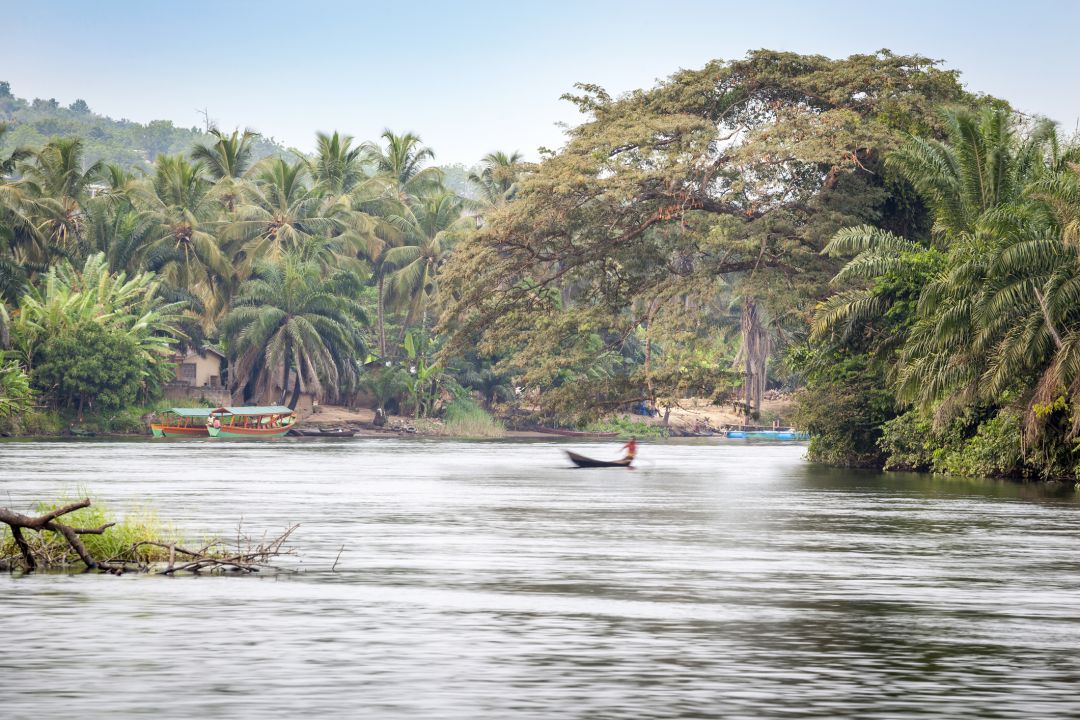
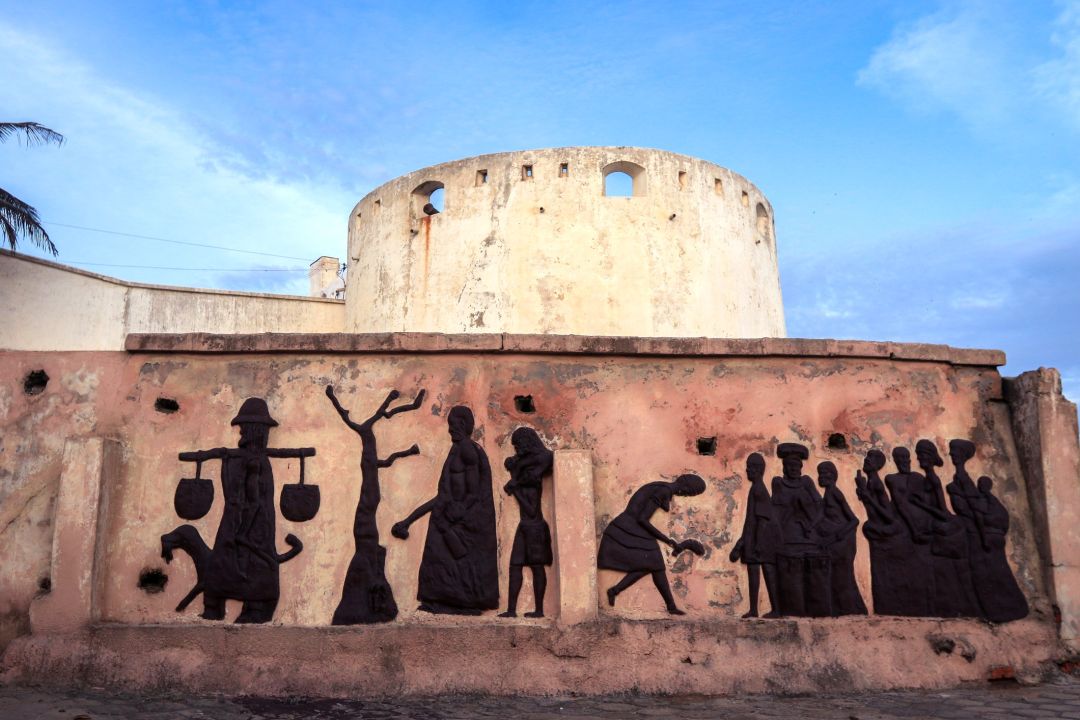
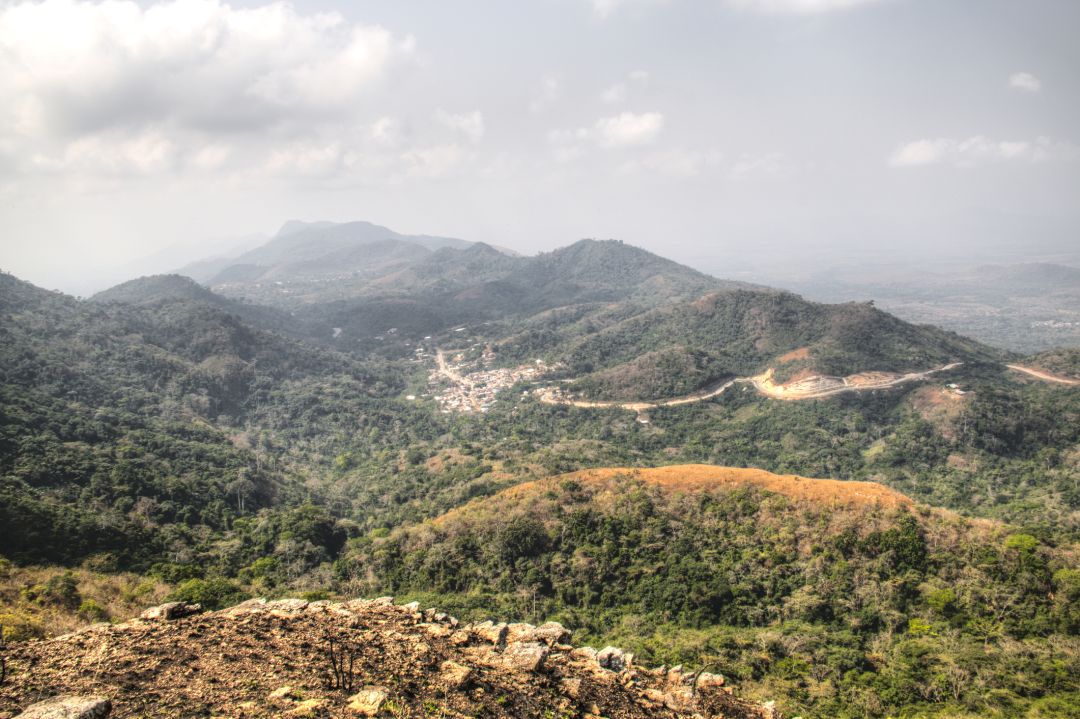
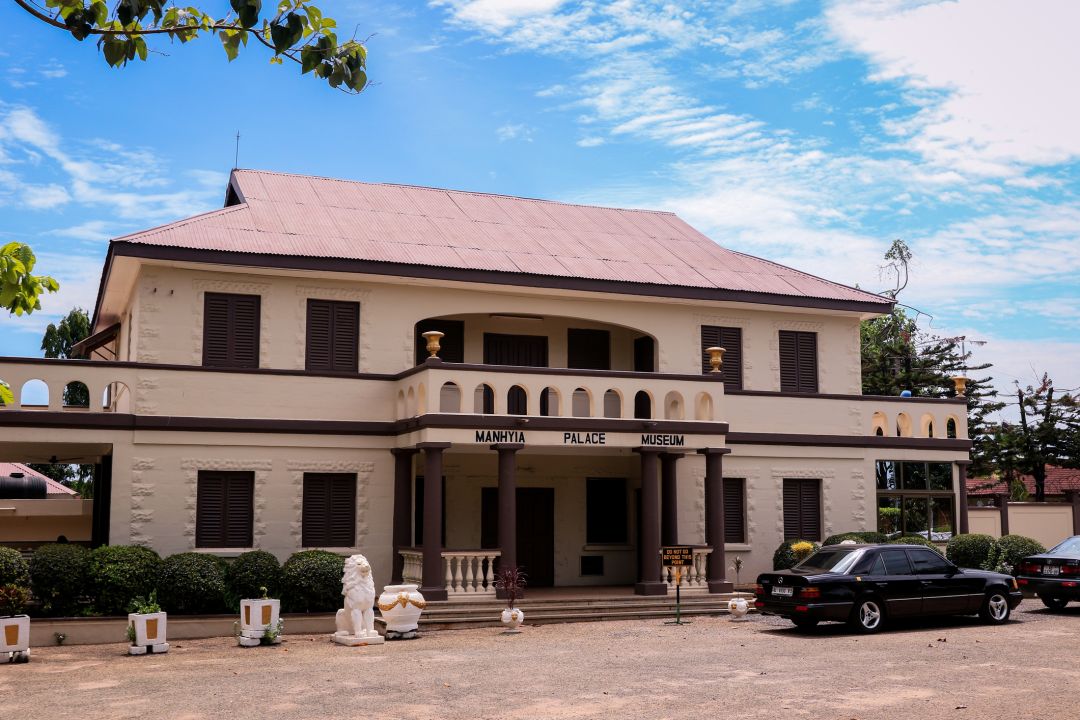
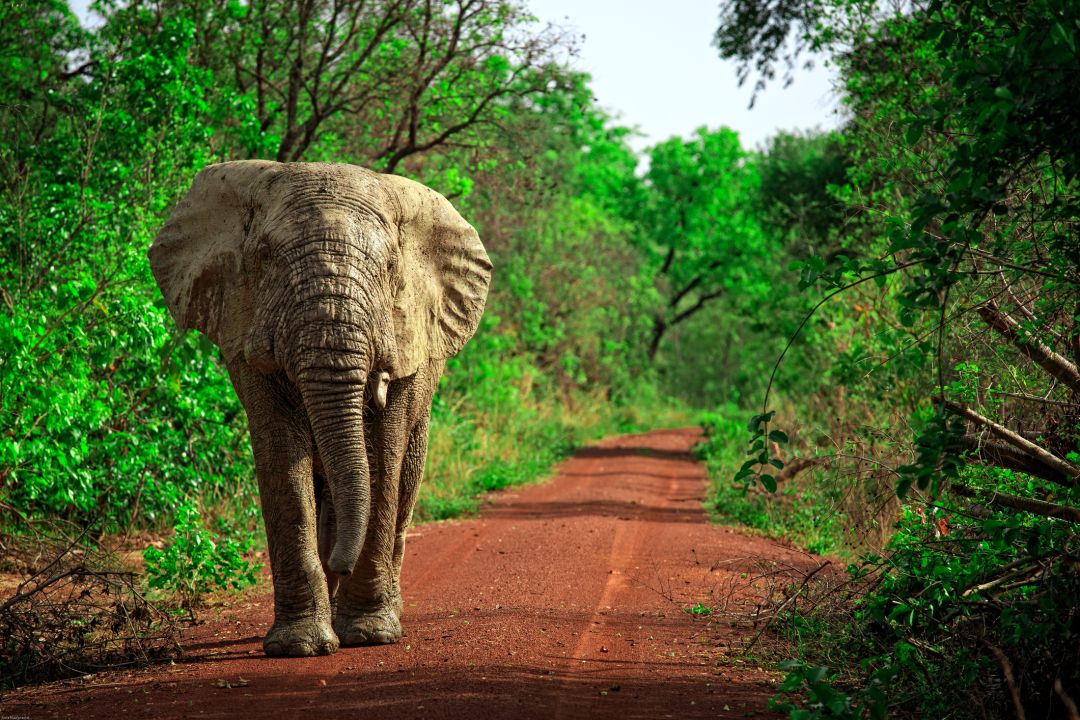
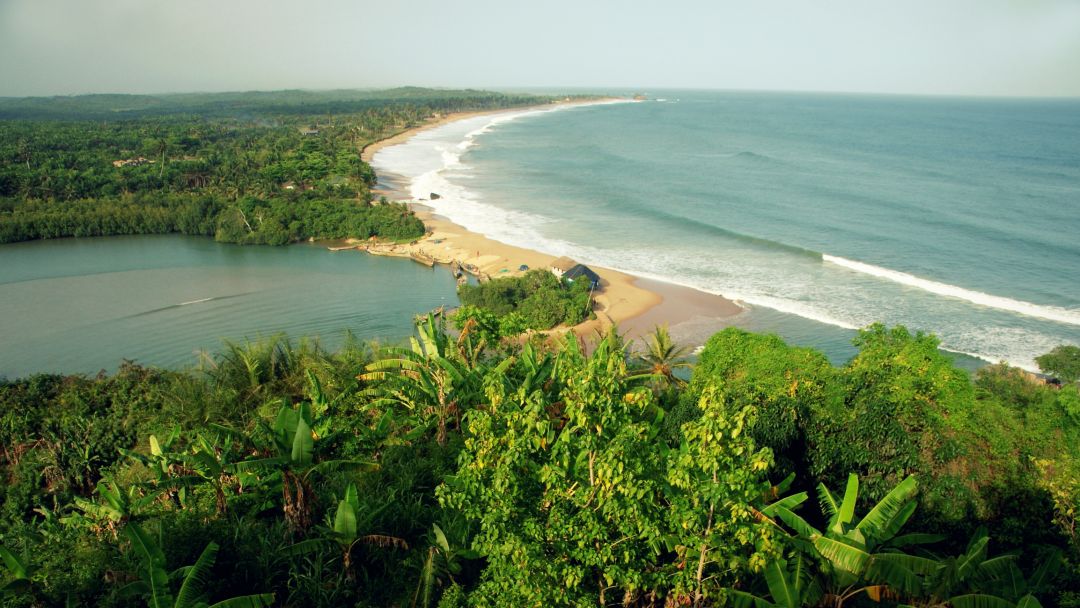
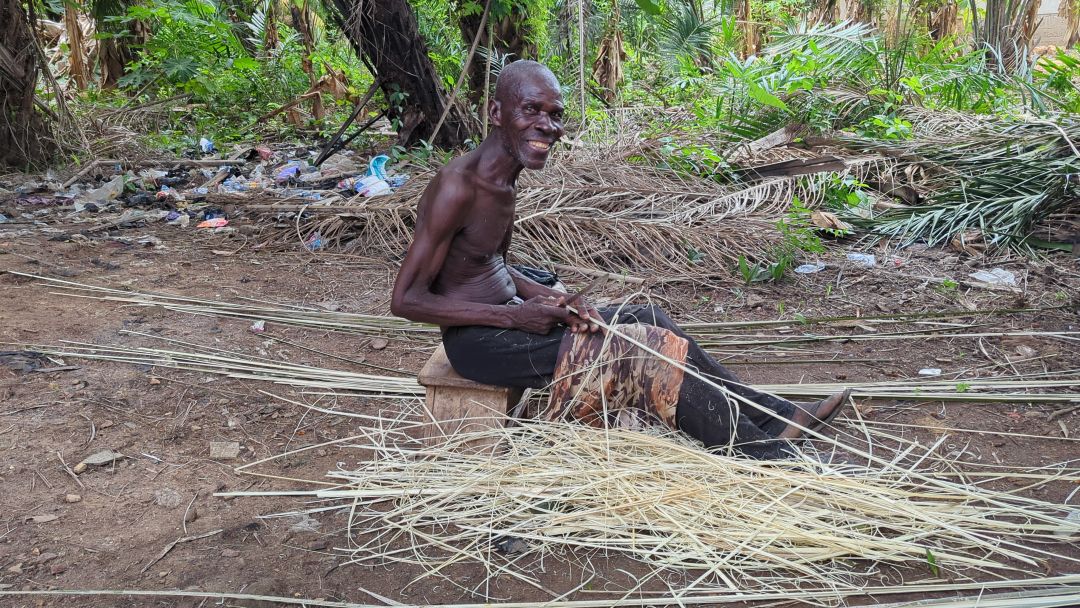
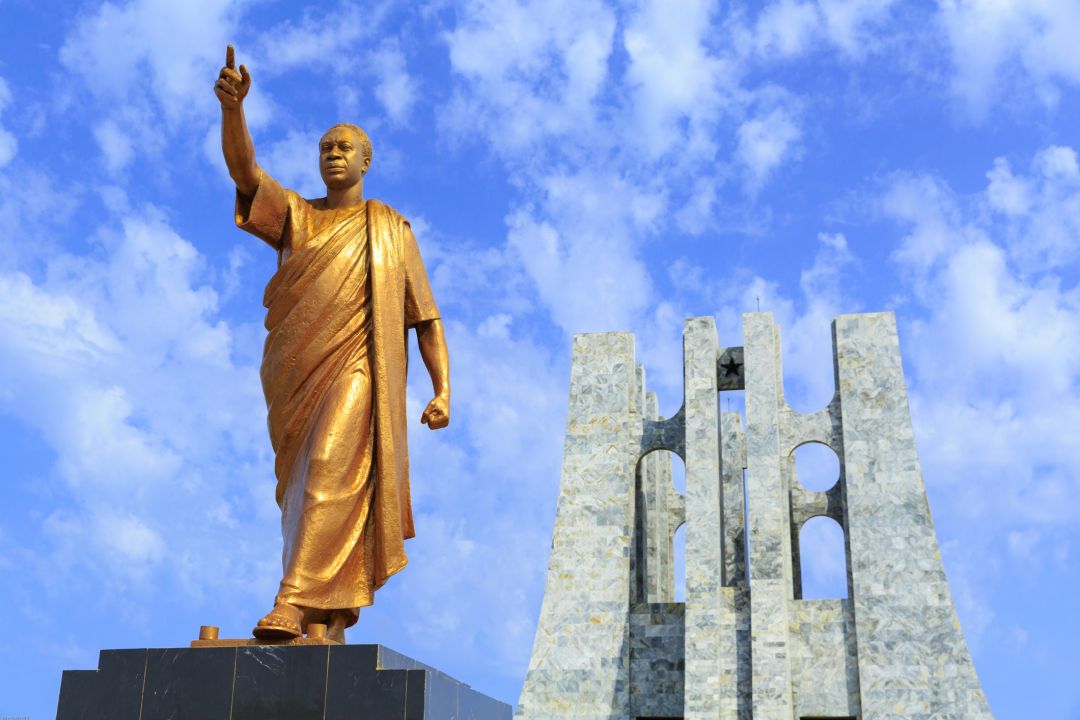
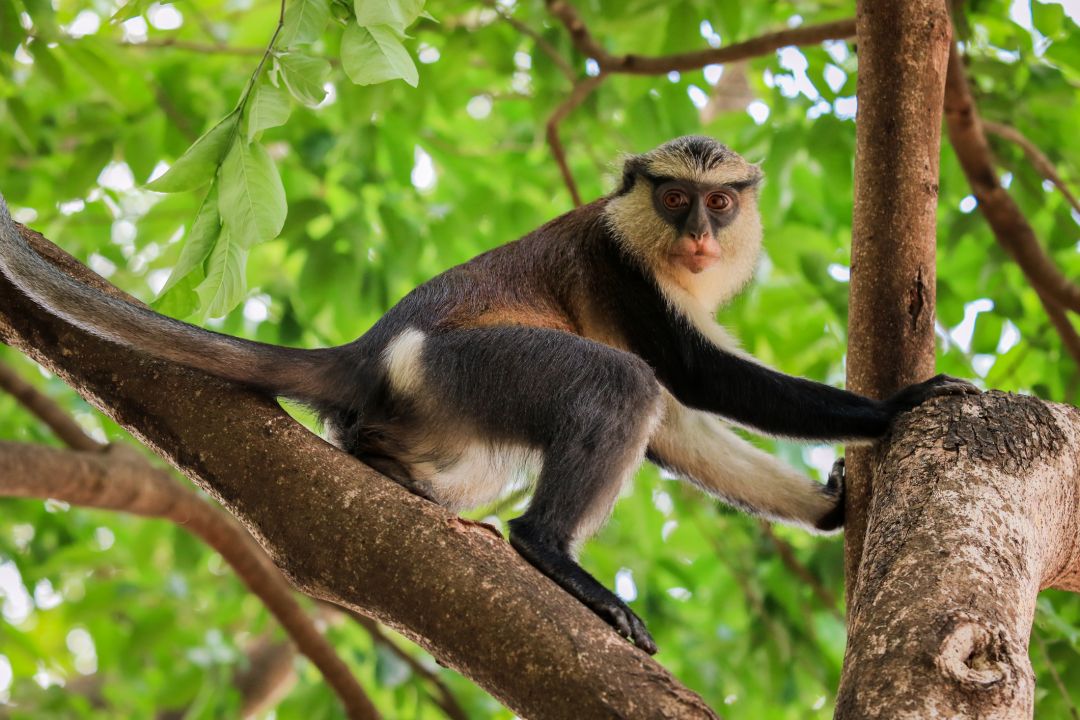
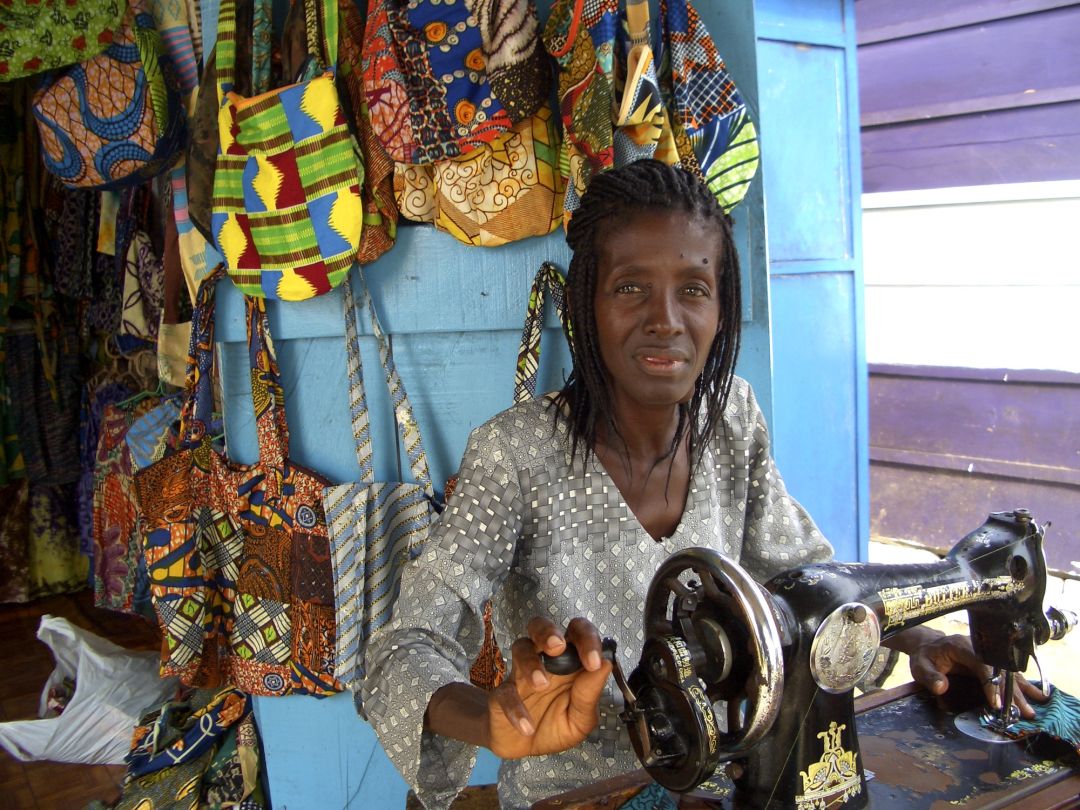
To view images fullscreen please turn device
Overview
Sandwiched between the Ivory Coast to the west and Togo to the east, Ghana lies at the heart of West Africa’s rich mix of ethnic and historical diversity. Steeped in the bloody scramble for gold and slaves that followed in the wake of European colonisation, it is a land of quite remarkable contrasts, where modern vibrancy vies with colonial heritage and African culture to present the visitor with one of the continent’s most enthralling destinations.
Covering some 238,533 ...
Sandwiched between the Ivory Coast to the west and Togo to the east, Ghana lies at the heart of West Africa’s rich mix of ethnic and historical diversity. Steeped in the bloody scramble for gold and slaves that followed in the wake of European colonisation, it is a land of quite remarkable contrasts, where modern vibrancy vies with colonial heritage and African culture to present the visitor with one of the continent’s most enthralling destinations.
Covering some 238,533 square kilometres and with a population of nearly 35 million, Ghana is West Africa’s second most populous country. Within this vast landscape though lies a largely undiscovered gem, whose borders encompass everything from the vast savannahs of the north and the forested hills of the ancient kingdom of the Ashanti, to the coastal beaches of the Gulf of Guinea. It can boast the largest waterfalls in West Africa, a wealth of World Heritage Sites and a melting pot of cultures and traditions.
The first sub-Saharan nation to break free of colonial rule, Ghana today is very much seen as one of West Africa’s most stable countries.
Start your journey
Group tours
Travel to Ghana with like-minded people on one of our small group tours (usually max size 12), featuring knowledgeable local guides and an expert tour leader.
HIGHLIGHTS OF GHANA
BEST EXPERIENCES
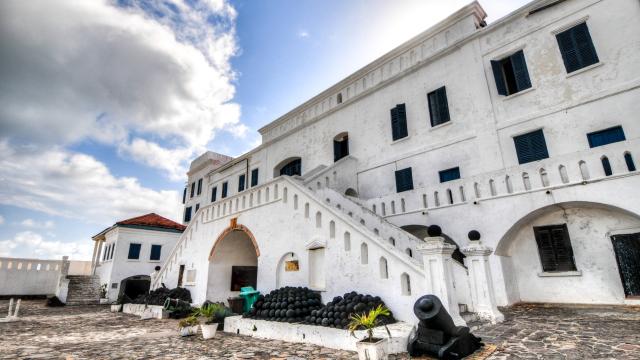
Cape Coast Castle
Take a tour around this UNESCO World Heritage Site to learn about the tragedies of Ghana’s past while under colonial rule.
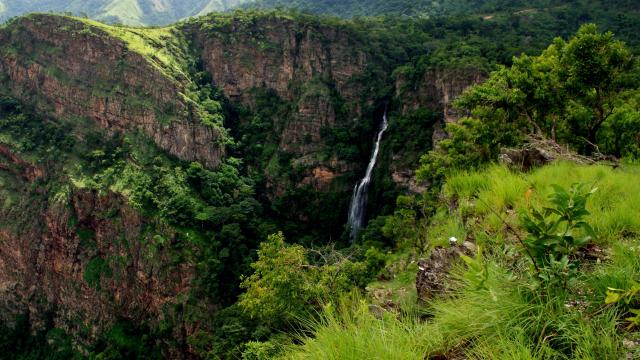
Wli Waterfall
Bathe under the country’s highest waterfall in the lush Volta region of the East.
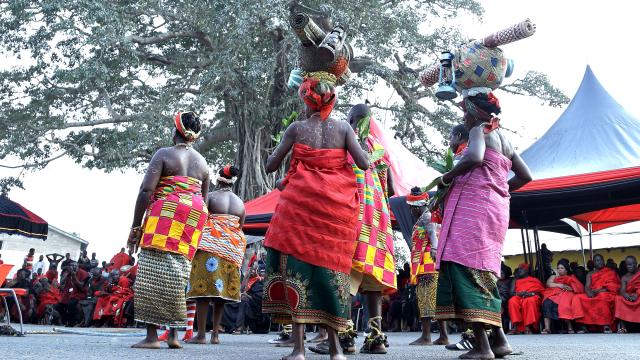
Kumasi
Learn about the ancient traditions of the Ashanti in and around Kumasi, the country’s cultural capital.
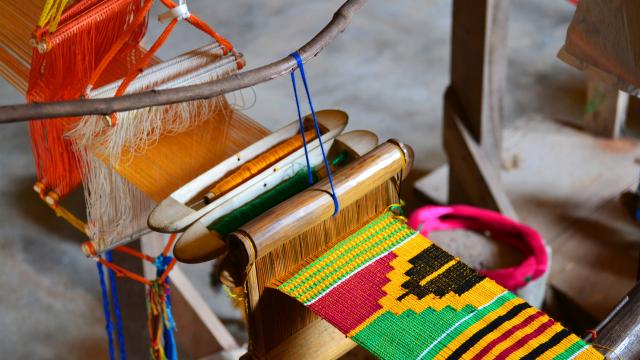
Kente Cloth
Support Ghana’s cultural heritage and current communities with a visit (and perhaps some purchases) at a community project combining Kente cloth making and tourism.
Discover more
WHEN TO GO
The best time to visit is generally October through to March when the country experiences less rainfall and slightly lower levels of humidity. Average daytime temperatures at this time will tend to hover around the upper 20Cs to early 30Cs, with temperatures dropping by about 5 degrees or so in the evenings. Though temperatures do not fluctuate dramatically between the seasons, the difference in humidity levels can be felt. The north and the eastern Volta region have distinct climates to the rest of the country with the former being far drier and arid and the latter the coolest area of the country.
LGBTQIA+ Guidance
When planning to travel as a member of the LGBTQIA+ community, there may be additional things you wish to consider doing, such as:
- Speaking to one of our travel experts for information about travelling in your chosen destination and local attitudes towards members of the LGBTQIA+ community
- Checking the Human Dignity Trust map which highlights regions and countries which are potentially dangerous to LGBTQIA+ people, or Equaldex, which tracks the progress of LGBTQIA+ rights around the world.
- Checking the ‘Local laws and customs’ section of your country's official foreign travel advice page
- Looking for any updates for your desired destination on the Human Rights Watch LGBTQIA+ rights page
- Buying a recommended guidebook, as many include an LGBTQIA+ section and advice for LGBTQIA+ travellers
USEFUL INFORMATION
Health and Vaccinations
For travel to Ghana, you will need to have a Yellow Fever Vaccination prior to travel. There are no other mandatory immunisations for travellers to Ghana though it is advised to be up to date with Typhoid, Tetanus, Polio and Hepatitis A. Malaria is present throughout Ghana so you should seek advice from your local GP or travel centre as to the correct immunisations and preventative treatments.
Currency
In Ghana the official unit of currency is the Ghanaian Cedi.
To check out the latest exchange rate for the places that you are visiting you can go to www.oanda.com.
Cultural Sensitivity
On our tours you will frequently interact with local people, each with their own distinct customs and traditions. We therefore ask you to be considerate and to treat them with respect. Your tour-leaders and guides will always be able to advise you accordingly.
Language & Religion
In Ghana, the official language is English, though the country is multilingual with many indigenous languages, the most widely spoken being Akan. More than half the population are Christian with a sizeable minority being Muslim and many holding age-old traditional beliefs.
Time
Ghana is 0 hours ahead of GMT.
A useful website to check the time zone differences is www.worldtimezone.com.
Food and drink
The food in Ghana is quite varied, though most dishes tend to have a bit of spicy kick to them. Staples include corn, rice, beans, cassava and plantain served with any of a range of meat that can be found on most menus including fish, chicken and goat. The national favourite is jollof rice, a tomato and spices infused rice, but other side dishes to try are banku, a cassava dough, and red red, a bean broth served with plantain. Soups are also a popular choice.
Ghana has some local drinks but the most frequently found beers are Club, from a local brewery, Guinness and Star. Wine will also feature on menus though can be a bit pricier. Distilled palm wine is popular but often only found as moonshine.